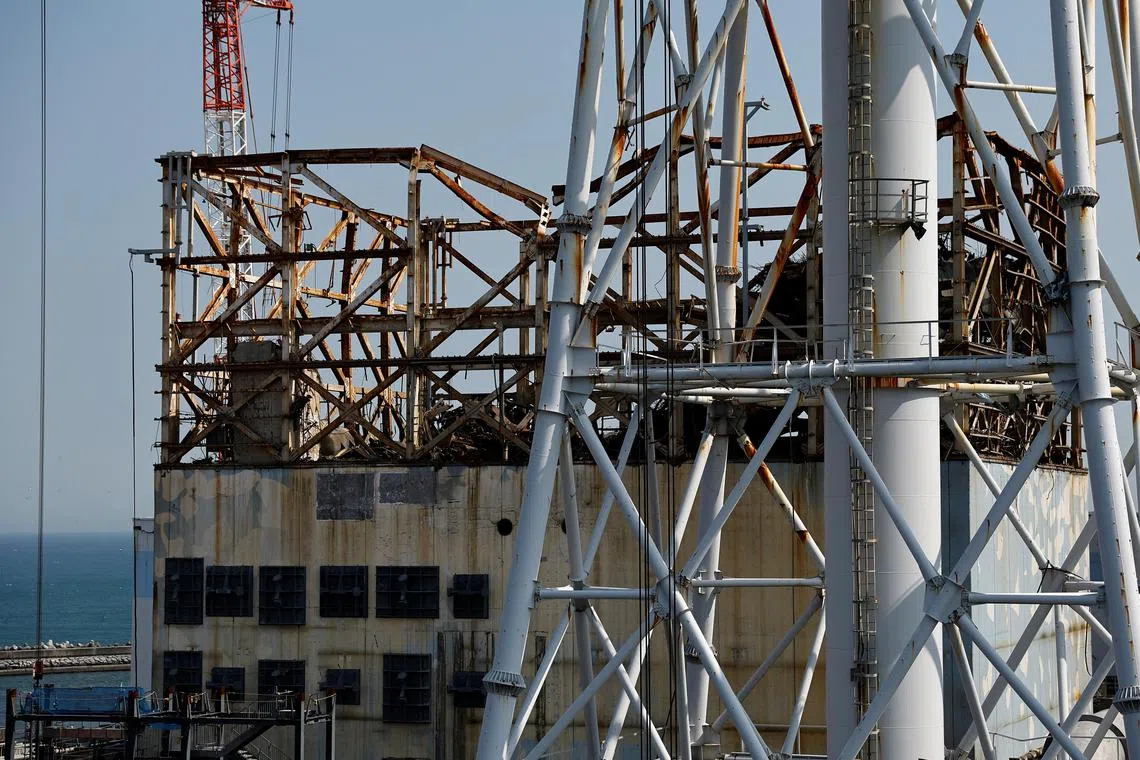Japan passes law to allow nuclear plants to operate beyond 60 years
Sign up now: Get insights on Asia's fast-moving developments

Japan’s government is looking to reinvigorate a nuclear sector that was taken offline after the 2011 Fukushima disaster.
PHOTO: REUTERS
Follow topic:
TOKYO - Japan on Wednesday passed a law allowing nuclear reactors to operate beyond 60 years, as it tries to reinvigorate the sector to meet energy challenges and climate targets.
The Bill intends to “establish an electricity supply system that will achieve a carbon-free society”, a Parliament spokesman said.
Under the new rules, the age cap technically remains 60 years but exceptions are allowed for reactors that have had to pause operations for “unforeseeable” reasons. These might include changes to safety guidelines, or provisional injunctions by a court.
The new rules allow operators to exclude periods of shutdown when calculating the total years of operation. But operators require approval from Japan’s nuclear safety watchdog for the exemption, and the law also includes measures intended to strengthen safety checks at ageing reactors.
The government wants to “ensure a stable supply of electricity while promoting the use of carbon-free electricity resources”, Japan’s Ministry of Economy, Trade and Industry said in a statement.
The move comes as Japan’s government looks to reinvigorate a nuclear sector that was taken offline after the 2011 Fukushima disaster
Most of Japan’s nuclear reactors remain out of action today, but the global energy crisis has reopened debate on the subject and polls show that public views on nuclear power are softening. AFP

